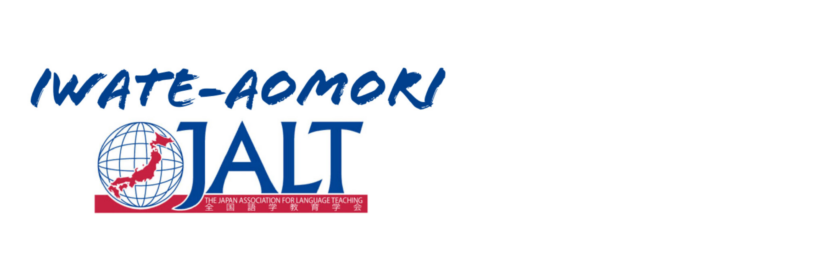Event Speaker: Michael Stout
Fee for non-JALT members: 1000 yen
Contact or Queries: iwatejalt@hotmail.com
Date and Time: Sunday, February 23, 2020 – 1:30pm to 4:30pm
Location: AIINA 6th Floor Rm 602
In this workshop, participants will learn how to do classroom research. The workshop leader will share first hand accounts of classroom research projects he has participated in, and share insights he has gained from doing classroom research. Throughout the workshop, participants will be led through a series of reflection tasks that will help them design their own classroom research projects.
Bio
Michael Stout is a lecturer at Hakuoh University in Tochigi. He has been teaching in Japan since 1997. He has published and presented in Japan and internationally on a wide variety of topics including: Narrow Reading, Reading Circles, teaching with Web 2.0 applications, and action research. His academia.edu profile can be viewed here: https://hakuoh.academia.edu/MichaelStout
